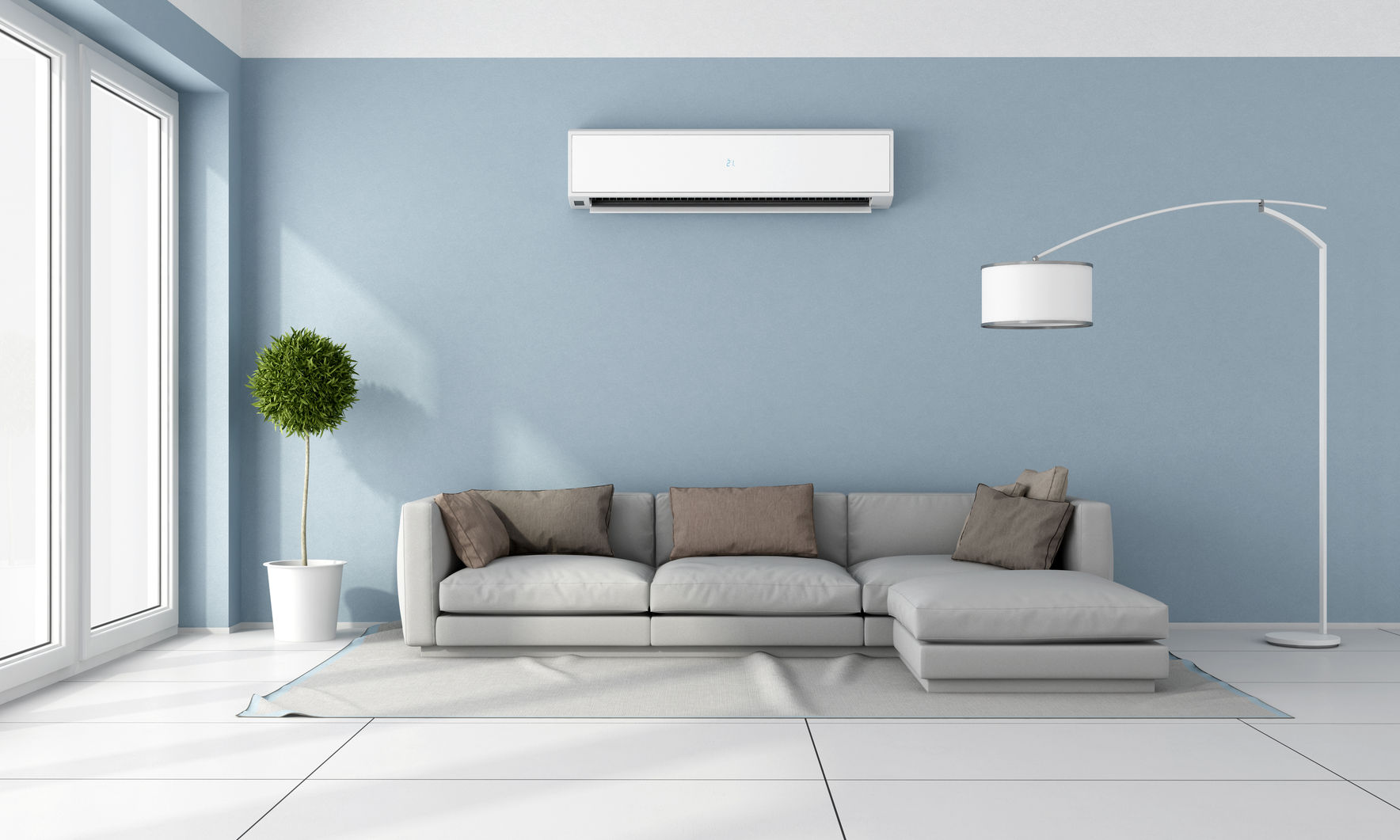What’s the difference between closing costs and prepaids?
Prepaid costs when buying a home, or prepaids, are expenses that you would pay for anyway—you’re just paying for them early. Closing costs are fees for services rendered during the closing of your home. All of those friendly people who helped you through each step of the process (even behind the scenes)—lawyers, title companies, lenders, appraisers, etc.—get paid from your closing costs.
We do have a home buyer tip when it comes to closing costs, as you have a potential opportunity here to save a little money. Sometimes you may be able to get lenders to pay for closing costs or give you better rates for how much they charge. In some cases, the seller will pay for the closing costs. It never hurts to shop around and find the best deal.
Finding a better deal doesn’t apply to prepaid closing costs, though. You will be paying for them no matter what, and it’s a standardized part of the home buying experience.
Final Thoughts

Owning a home can be a worthwhile investment, but there are some important things—like the initial costs of buying a home—to be aware of as you start out on your home buying journey. American Home Shield is here to support you every step of the way. We have great advice for first-time home buyers, like how to find a real estate agent and what to expect during the mortgage approval process.
Be sure to communicate with your real estate agent throughout the transaction process to make sure there are no surprises with prepaid costs when buying your home. Once payments are made, approvals are given, and contracts are signed, you’ll be moving into your new home in no time.





